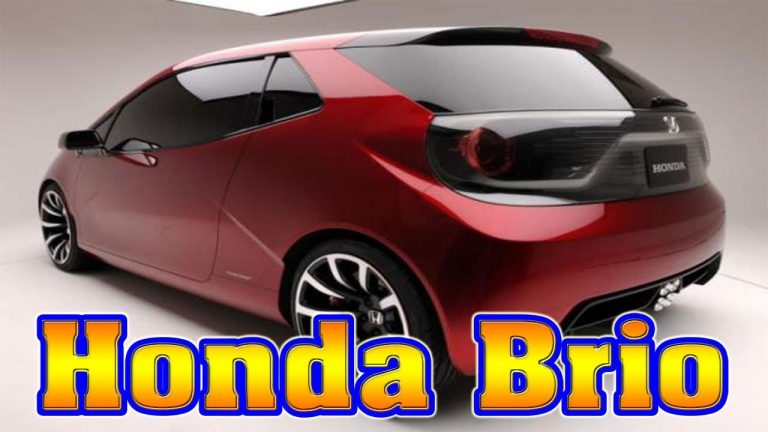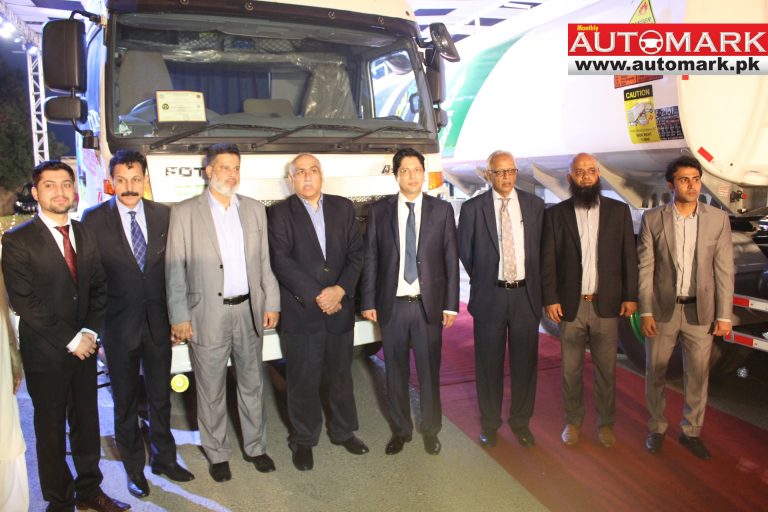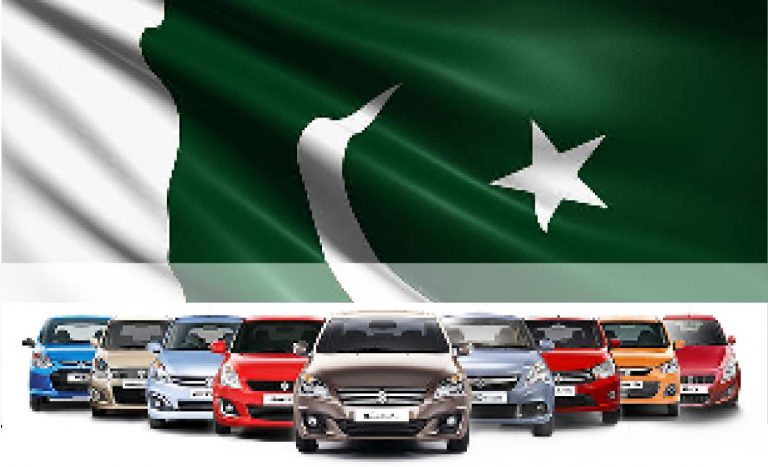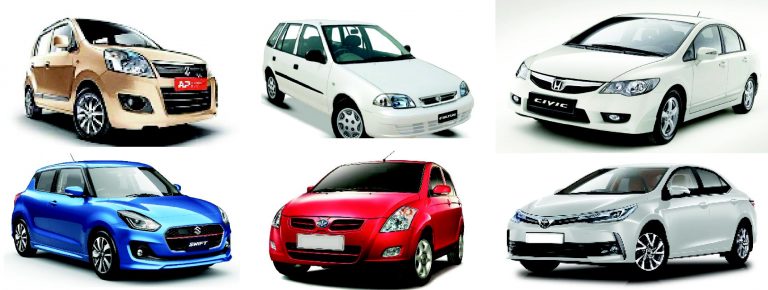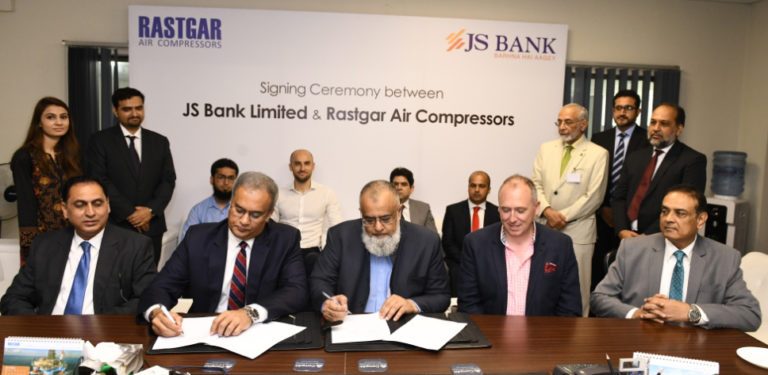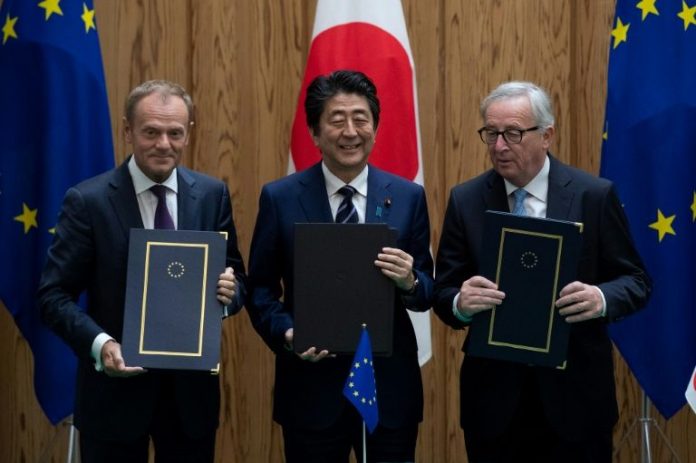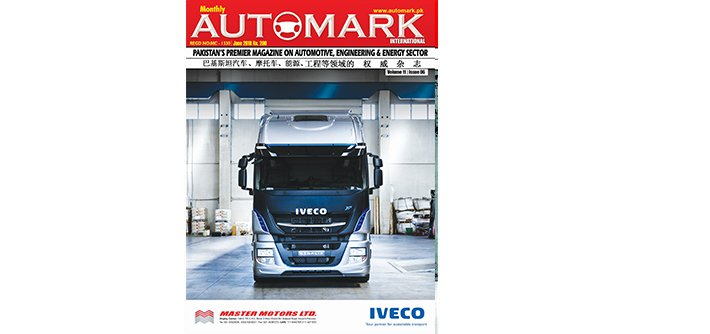The automotive industry of Pakistan is growing at a steady pace under the new automotive policy of the Pakistan Government. While the new automotive policy has allowed many famous car makers to launch their vehicles in Pakistan for the first time, it has also allowed some car brands to make a comeback into the market with their modern-day vehicles. Amidstthe launch and expected launch of many new vehicles in the market, the future of commuting in Pakistan looks more promising than ever before. However, despite these positive developments and the expectation of many affordable vehicles to be launched soon, finding a variety of options to buy a vehicle under 10 Lacs will still be a challenge for car buyers in Pakistan..
Car buyers have to contend with the limited choices available in the market if they plan to buy a new vehicle under 10 Lacs. On the other hand, the used car market still offers a wide variety ofoptions under 10 Lacs and with a bit of research, car buyers can find a vehicle of their choice easily to enjoy the luxury of a 4-wheeler.
The decision to buy a used car should be made intelligently after market research. Car buyers should also get a used car properly inspected by a professional mechanic before buying it. In this way, it can help in buying the best car within one’s budget to get the best value for money.
While there are a number of options available for car buyers in the used car market, we have picked the 5 most famous used cars that offer great value for moneyand are available under 10 Lacs.
Suzuki Swift – The Ideal Family Hatchback
Introduced for the first time in 2010, Suzuki Swift is one of the premium hatchbacks available in the car market. The 2010 and 2011 models of Suzuki Swift can be purchased within the range of 8-10 lacs, which makes it one of the best options for used car buyers in Pakistan. It can be an ideal family car as it offers a seating capacity of 4 to 5 passengers and standard convenience features to guarantee a comfortable in-cabin experience. The Suzuki Swift comes with a 1.3-litre engine that can produce 92 horsepower and delivers an excellent driving experience.
1st-Generation Suzuki Cultus – A Vehicle for All Conditions
Suzuki has replaced its 1st-generation Cultus with the new generation Cultus, however, the old Cultus is still the favorite family hatchback of a number of car buyers in Pakistan. This famous hatchback was introduced in Pakistan in the year 2000 and even 18 years after its first launch, the 1st-generation Cultus enjoys a huge demand in the used car market of Pakistan.The old Cultus is still famous amongst car enthusiasts for its impressive handling, sturdybuild quality and comfortable driving experience. Car buyers can easily buy a Suzuki Cultus of 2012-2014 model under 10 Lacs. It is a 1000cc family vehicle that is one of the best options available in the car market if you are looking to purchase a used car under 10 lacs.
Suzuki Wagon R– Utility at its Best
Suzuki Wagon R was introduced for the first time in 2014 and since its first launch, this family car by Suzuki has been a big hit amongst car buyers. The growing demand for Suzuki Wagon R has resulted in massive hikes observed in its price, however, the used Suzuki Wagon R is still an affordable option for car buyers. While the brand new Suzuki is available in Pakistan for a price of almost 12 lacs, car buyers can buy the used Wagon R under 10 Lacsquite easily. It has a modern-day 1000cc engine and is an excellent urban commuting option for family car buyers in Pakistan.
9th-Generation Toyota Corolla – A Powerful and Spacious Car
The 9th-generation Toyota Corolla hasbeen one of the most famous and best-selling vehicles in the Pakistan car market since its first launch in 2002. Known for its robust body design, reliable driving experience and excellent handling, the 9th generation Toyota Corolla is still going strong in the used car market and can be purchased under 10 Lacs. It offers a comfortable seating capacity of 5 passengers and has decent cargo capacity as well. As the 9th-generation Toyota Corolla is relatively older than other cars mentioned in this list, it is advised that you should get the vehicle checked in detail by an expert mechanic before buying it.
7th-Generation Honda Civic – Beauty with Brains
The 7th-generation Honda Civic was launched in Pakistan in March 2001. It had a stylish design and a high-performance engine that made it one of the best family sedans available in the market at that time. Honda introduced the modern-day MacPherson Strut Suspension in the 8th-generation Civic Model for the first time, which improved its handling and control considerably. It was equipped with a powerful 1500cc engine that made it the favorite urban vehicle of Pakistanis in the start of the 21st century.
This classic sedan is still quite popular amongst car buyers in Pakistan, thanks to its durability and performance capabilities. It can be purchased from the used car market under 10 lacs and is one of the preferred options of used car buyers whenever they plan to buy a reliable used car at an affordable price. Despite being older than 15 years in the Pakistan car market, it still attracts the massiveattention of car buyers in Pakistan and can be easily purchased under the price tag of 10 lacs.
FAW V2
FAW V2 is another worthy mention in our list of 6 used cars that are available under 10 lacs in Pakistan.
FAW V2 is an excellent option for car buyers who are looking to purchase a family car under 10 lacs as it boasts a spacious interior and air bags for driver and front passenger.
It also has advanced driver-assistance technologies including Anti-lock Braking System and Electronic Brake force Distribution System to improve driver’s handling and control over the
vehicle.
It comes with a powerful 1300cc engine, which makes it a high-performance hatchback. While the latest price of a brand new FAW V2 is PKR 1,204,000, a used FAW V2 can be easily purchased under 10 lacs.

Our Verdict!
All of these vehicles are amongst the best available choices in the used car market under 10 lacs. All of these vehicles have different designs, power attributes and technologies and you can make the final decision to choose one of these five vehicles according to your preference and commuting requirements. If you are looking to buy a family car with better space and comfort features, the 9th-generation Toyota Corolla and 7th-generation Honda Civic could be the better options. However, if you are looking to buy a used car that represents the new era of vehicles, Suzuki Wagon R, Suzuki Swift and the old Suzuki Cultus could be the best options in their respective order.
by Syed Sarim Raza, published in Automark printed edition of August-2018

